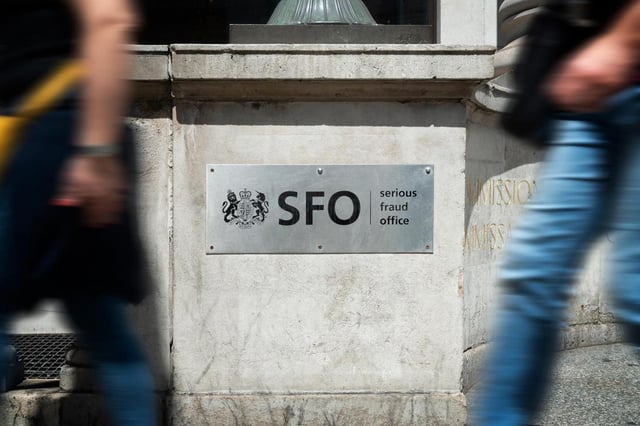Overview
- The ECCTA offence makes large organisations criminally liable if an associated person commits fraud intended to benefit the business and reasonable prevention procedures are lacking.
- The CPS and SFO have updated their Corporate Prosecutions Guidance, highlighting factors such as the effectiveness of controls, organisational culture, cooperation, and turnover-linked fines.
- Specialist lawyers expect the SFO to seek early test cases, and several predict more whistleblowing and self-reports, including referrals aligned with a previewed HMRC scheme.
- Sector guidance flags concrete risks for big law firms, including overbilling, misleading environmental or diversity claims, and potential ‘fraud by silence’ when withholding material information.
- Practitioners note broad reach alongside the senior manager attribution test and report continued uncertainty over how ‘large’ is assessed, with sources differing between a two-of-three test and any one threshold.



